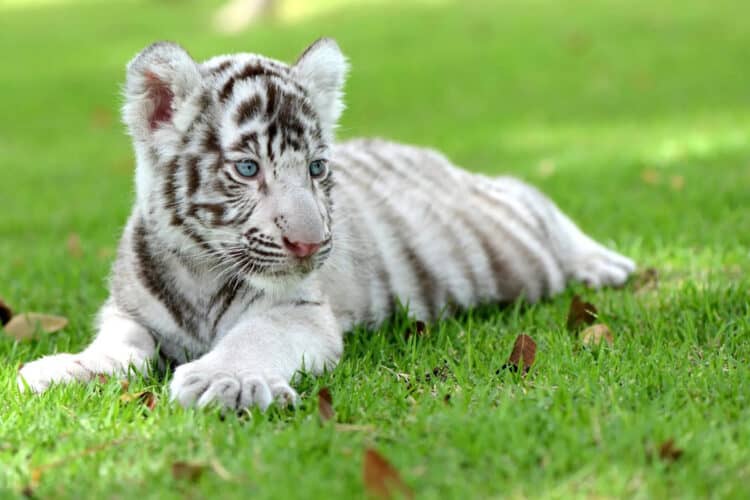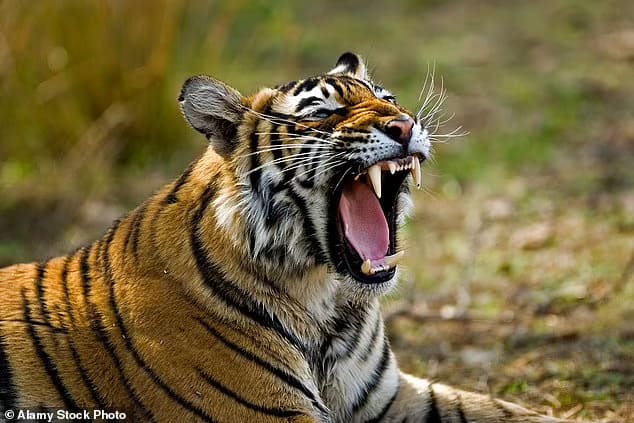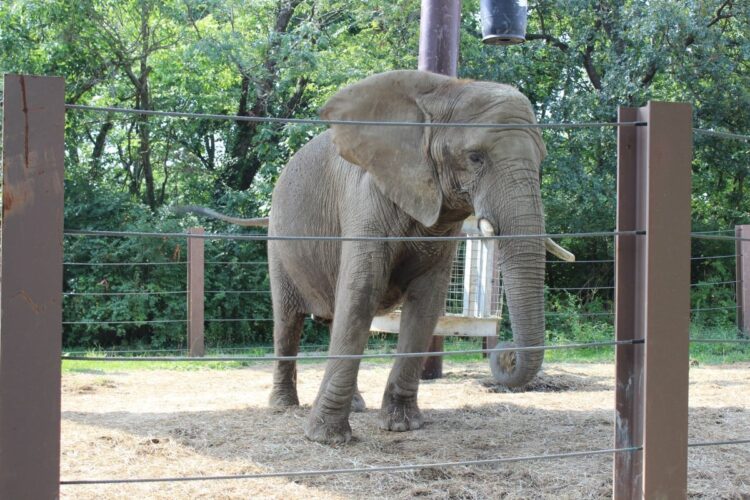A tiger at the Bronx Zoo has contracted and tested positive for the coronavirus. The Wildlife Conservation Society (WCS), the operator of the zoo, confirmed that Nadia, age 4, has the virus.
New York City has been hit hard by the spread of COVID-19 and the tiger is another resident to have contracted the virus. Nadia, a Malayan tiger, and six other tigers came down with a dry cough. A dry cough is one of the symptoms of the coronavirus.
“We tested the cat out of an abundance of caution and will ensure any knowledge we gain about COVID-19 will contribute to the world’s continuing understanding of this novel coronavirus,” said Wildlife Conservation Society in a statement.
The WCS believes that a caretaker likely infected the tigers before seeing symptoms of the coronavirus. WCS has since put in preventative measures to prevent exposure.
Vets are currently monitoring the cats, who seem to be in stable condition. The zoo reported a decrease in appetite, but otherwise, the cats are “bright, alert and interactive with their keepers,” according to WCS.
Scientists have reported that cats have a receptor protein in respiratory cells that is similar to humans. This receptor protein is called ACE2 and it allows the virus to enter and multiply. Steven Van Gucht, virologist and federal spokesperson for the coronavirus epidemic in Belgium, told Live Science, “The feline ACE2 protein resembles the human ACE2 homologue, which is most likely the cellular receptor which is being used by SARS-CoV-2 for cell entry.”
“Given that this pandemic has infected hundreds of thousands of people and perhaps only a handful of animals, the imminent threat is human-to-human transmission. A handful of infected animal cases presents a vanishingly small risk because of their number and the difficulty of transmitting the disease efficiently. The bigger threat, when it comes to animals, are dangerous animal-use activities that can spawn a new virus, such as U.S.-based live-animal markets and cockfighting derbies,” said Wayne Pacelle, president of Animal Wellness Action, in an emailed statement.
Scientists believe that the spread of COVID-19, or coronavirus, started at an exotic animal market in Wuhan, China. You can help stop the incidence of viruses like these by signing this petition to ban the wildlife trade.
This article was first published by OneGreenPlanet on 6 April 2020. Lead Image Source : Image Source: WCS
What you can do
Support ‘Fighting for Wildlife’ by donating as little as $1 – It only takes a minute. Thank you.








Leave a Reply